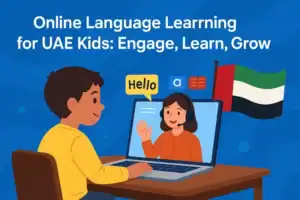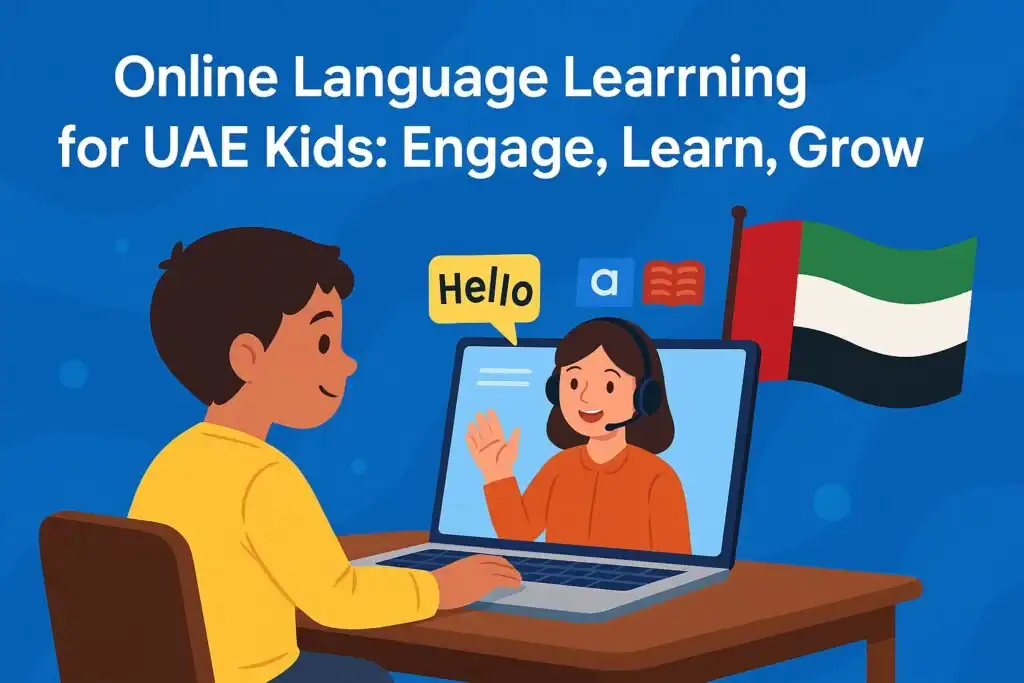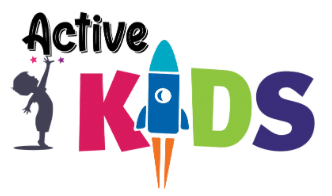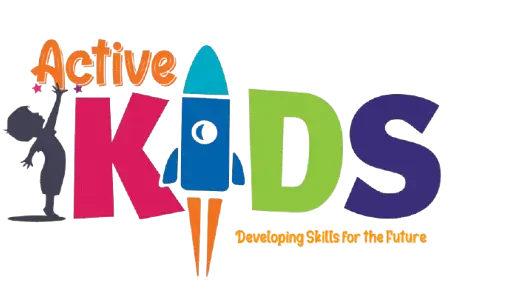Introduction
Virtual learning has become an essential part of modern education, providing a dynamic and engaging platform for kids to acquire new skills and knowledge. With the rapid advancement of technology, online learning has transformed how children learn, making education more accessible, flexible, and personalized. In this blog, we explore the importance of virtual learning for kids and how it prepares them for a bright future.
1. Accessible Learning Anytime, Anywhere
One of the greatest advantages of virtual learning is its accessibility. Kids can participate in online learning courses from the comfort of their homes, eliminating geographical and logistical barriers. Whether it’s a skill development academy or virtual classroom, children can connect with top educators worldwide.
Key Benefits:
- Learn at your own pace.
- Access courses regardless of location.
- Explore diverse subjects and instructors.
2. Personalized Education
Every child has unique learning needs, and virtual learning caters to this individuality by offering personalized education. Online platforms use advanced algorithms to adapt courses to a child’s pace, interests, and proficiency levels, ensuring an effective and engaging learning experience.
Why It Matters:
- Encourages self-paced learning.
- Provides tailored content.
- Helps kids focus on their strengths and improve weaknesses.
3. Skill Development Opportunities
Online learning isn’t just about academics; it’s a gateway to skill development courses that go beyond the traditional curriculum. From coding and art to language learning and life skills, kids can explore their passions and prepare for the future.
Examples of Popular Skills Courses:
- Coding and programming.
- Creative writing.
- STEM and robotics.
- Music and performing arts.
4. Interactive and Engaging Learning
Virtual learning platforms employ multimedia tools, gamification, and interactive activities to make lessons fun and engaging. This approach keeps children motivated, improves retention, and fosters a love for learning.
Features That Drive Engagement:
- Video lessons and tutorials.
- Quizzes and interactive exercises.
- Virtual reality and simulations.
5. Building Technological Proficiency
As technology becomes increasingly integral to daily life, virtual learning helps kids develop essential digital skills. From navigating online tools to understanding digital communication, children gain valuable technical knowledge that prepares them for the future.
Skills Acquired:
- Digital literacy.
- Proficiency in online collaboration tools.
- Understanding data privacy and cybersecurity.
6. Flexibility in Learning
Virtual learning offers unparalleled flexibility, allowing kids to balance education with extracurricular activities, family time, and hobbies. This flexibility fosters independence and teaches time management skills.
How It Helps:
- Enables learning on a schedule that works for the child.
- Reduces pressure and stress.
- Encourages a healthy work-life balance.
7. Prepares Kids for a Globalized World
Virtual learning connects kids to peers and educators from diverse cultures and backgrounds. This global exposure broadens their horizons, fosters empathy, and prepares them to thrive in an interconnected world.
Key Outcomes:
- Develops cross-cultural understanding.
- Builds communication and collaboration skills.
- Encourages open-mindedness.
Conclusion
Virtual learning is more than just a convenient alternative to traditional education; it’s a transformative approach that empowers kids with the skills and knowledge they need to succeed in an ever-changing world. By embracing online learning, parents can ensure their children stay ahead of the curve and are equipped with the tools to excel academically and personally.
Explore skill development academies and online courses today—your child’s journey to a brighter future starts here!




















